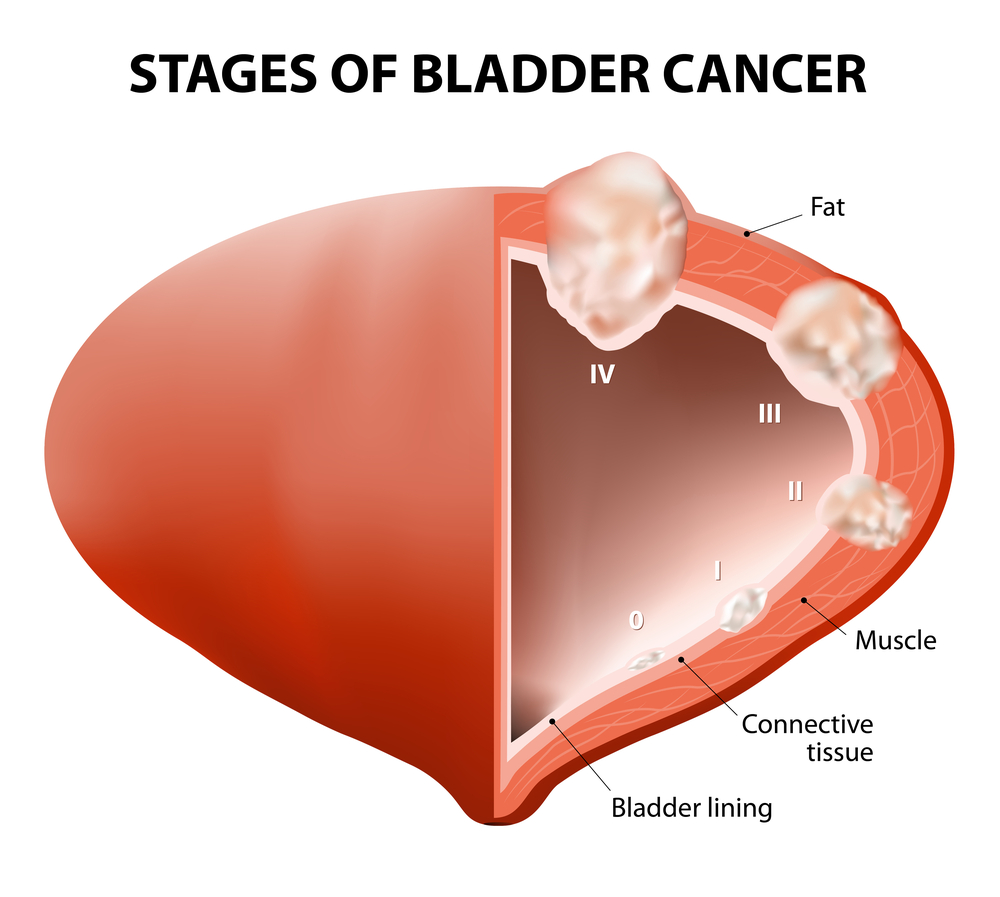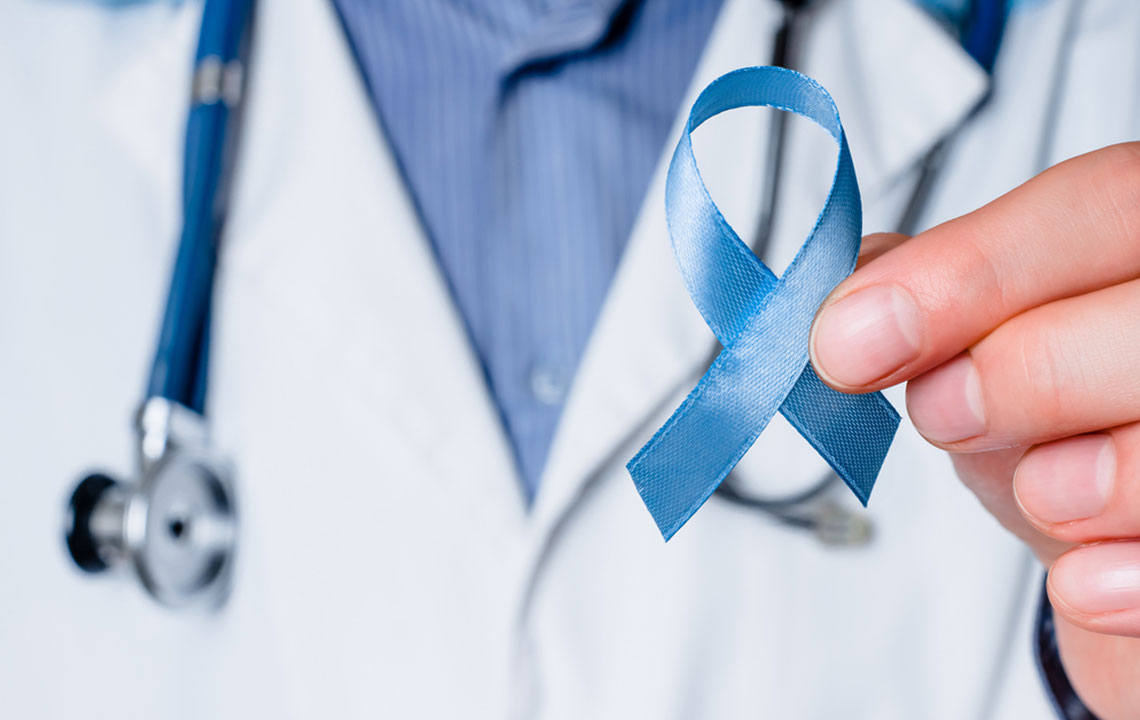Signs and Symptoms of Bladder Cancer You Should Know
This article highlights key signs and symptoms of bladder cancer to aid early detection. It explains different types of the disease, common and advanced symptoms, and emphasizes the importance of prompt medical consultation for effective treatment. Recognizing symptoms like hematuria, pain during urination, and frequent urinary issues can lead to early diagnosis and better outcomes. Stay aware of these indicators to take timely action and seek professional advice if needed.

Recognizing early signs of bladder cancer can lead to timely diagnosis and effective treatment.
The bladder, a sac-like organ in your pelvic area responsible for storing urine, can develop cancer when abnormal cells grow uncontrollably. Since the bladder plays a key role in the urinary system, its malfunction due to cancer can impact kidney and bowel functions, and if untreated, the disease may spread rapidly to other body parts.
This condition affects both genders but is more common among men and individuals over 65. Bladder cancer starts when healthy bladder lining cells mutate and multiply quickly, forming tumors that can be benign or malignant. Malignant tumors have the potential to metastasize, spreading beyond the bladder.
Bladder cancer types depend on how far the disease has advanced in the bladder walls:
Non-invasive: Confined to the inner lining, this type is easier to treat.
Invasive: Spreading beyond the inner layer, this form can reach lymph nodes and other organs, making treatment more complex.
The good news is that early detection improves treatment outcomes. One of the most common symptoms is blood in urine, but other signs include:
Blood or blood clots in urine (hematuria), often painless
Pain or burning during urination (dysuria)
Frequent urge to urinate, even with a nearly empty bladder
Passing small amounts of urine multiple times
Recurrent urinary tract infections (UTIs)
Advanced symptoms may include:
Inability to urinate despite feeling the need
Pain in your lower back or swelling on one side
Pelvic growth near the bladder
Swelling in the legs or feet
Unexplained weight loss and appetite loss
Bone, pelvic, or rectal pain
Anemia
Not everyone with bladder cancer shows these signs. If you notice any changes, consult a healthcare professional promptly. Early diagnosis is crucial for effective management. If symptoms persist, seek medical advice immediately to determine their cause.










